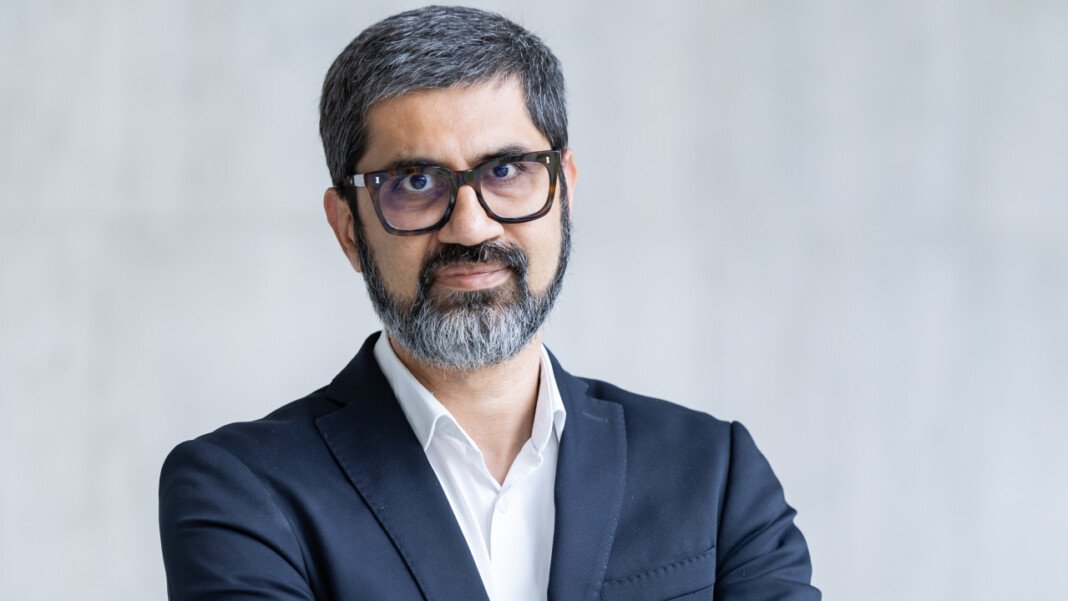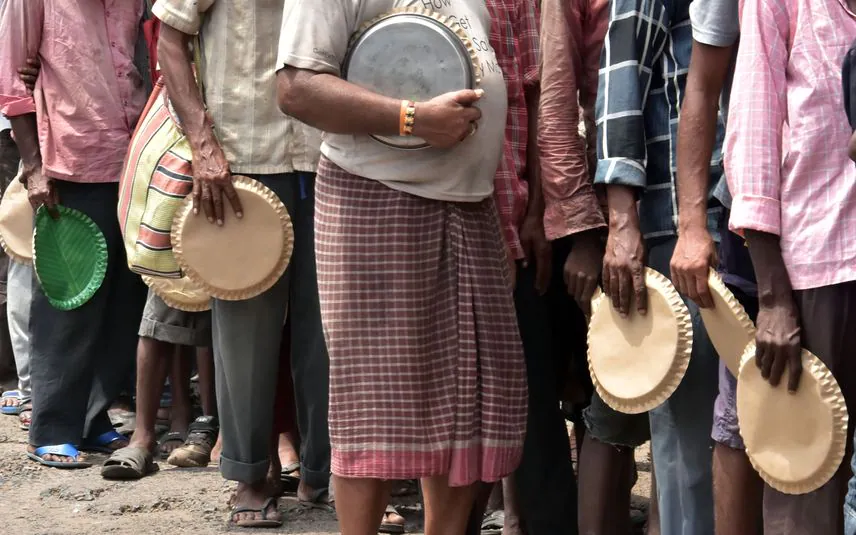NEW DELHI, Aug 4: Investing in the health of women, children, and adolescents is not only a moral imperative but also an economic strategy that yields substantial returns, Rajat Khosla, Executive Director, Partnership for Maternal Newborn and Child Health (PMNCH) has said.
For every dollar invested, returns are estimated to range from USD 4.6 to USD 71.4, he said, citing ‘The Economic Case for Investment in the Well-being of Adolescents in India’ report released on July 25 by the Union Health Ministry in collaboration with PMNCH and WHO India.
The report builds on the global findings from “Adolescents in a Changing World – The Case for Investment.”
“The report demonstrates that future investments have the potential to significantly boost the Indian economy by an average of 10.1 per cent of annual GDP,” Khosla said in an interview to PTI.
An investment of USD 33 billion per annum across various sectors by the government, private sector, civil society, communities, and families is projected to yield returns of USD 476 billion per annum.
“Such investments lead to significant reductions in maternal and child mortality, reduce disease prevalence among adolescents, and improve overall life expectancy, resulting in a healthier, more productive workforce that drives economic growth,” Khosla said in the interview to PTI.
While the report presents empirical data to estimate the benefit-cost ratio for seven major intervention programmes, such as adolescent health, education, child marriage prevention, and road safety, it also emphasises the need for additional interventions to further enhance adolescent well-being.
Economically, healthy individuals are more productive and require fewer costly treatments and hospitalisations, while also having higher earning potential, he said.
“Socially, investing in women’s health promotes gender equality by enabling women to participate more fully in the economy and society, and healthy children are more likely to attend and perform well in school, leading to better educational outcomes,” Khosla said.
Given India’s demographic dividend, it has served as a pioneer in devising programmes like the Rashtriya Kishor Swasthya Karyakram (RKSK), National Adolescent Health Programme (NAHP), Adolescent Reproductive and Sexual Health (ARSH) and National Tobacco Control Programme (NTCP) that are tailored to the needs of adolescents in the country.
“This report is a tool for ensuring enhanced and sustained financing for adolescents, providing a valuable framework for mapping out future actions and strategies. It will ensure that collective efforts are both effective and impactful and India is able to reap the benefits of its demographic dividend.
“The report also sets out to strengthen the case for a holistic, multi-sectoral programme of action to harness India’s biggest asset: its young population,” Khosla said. (PTI)












